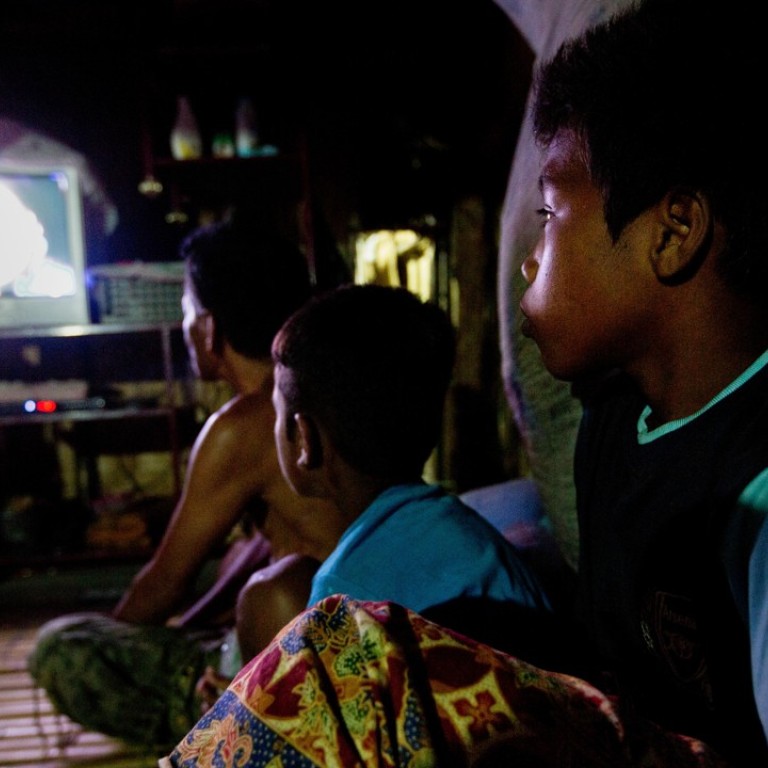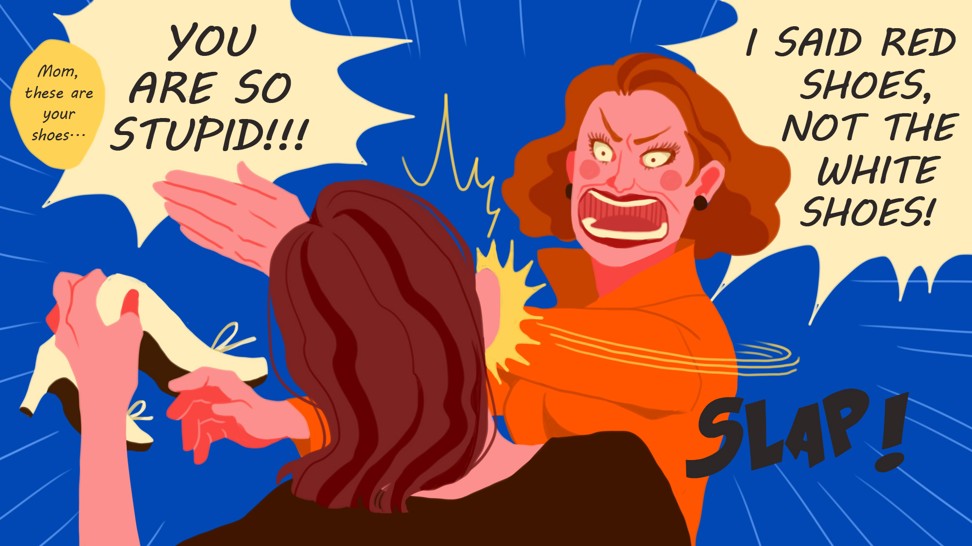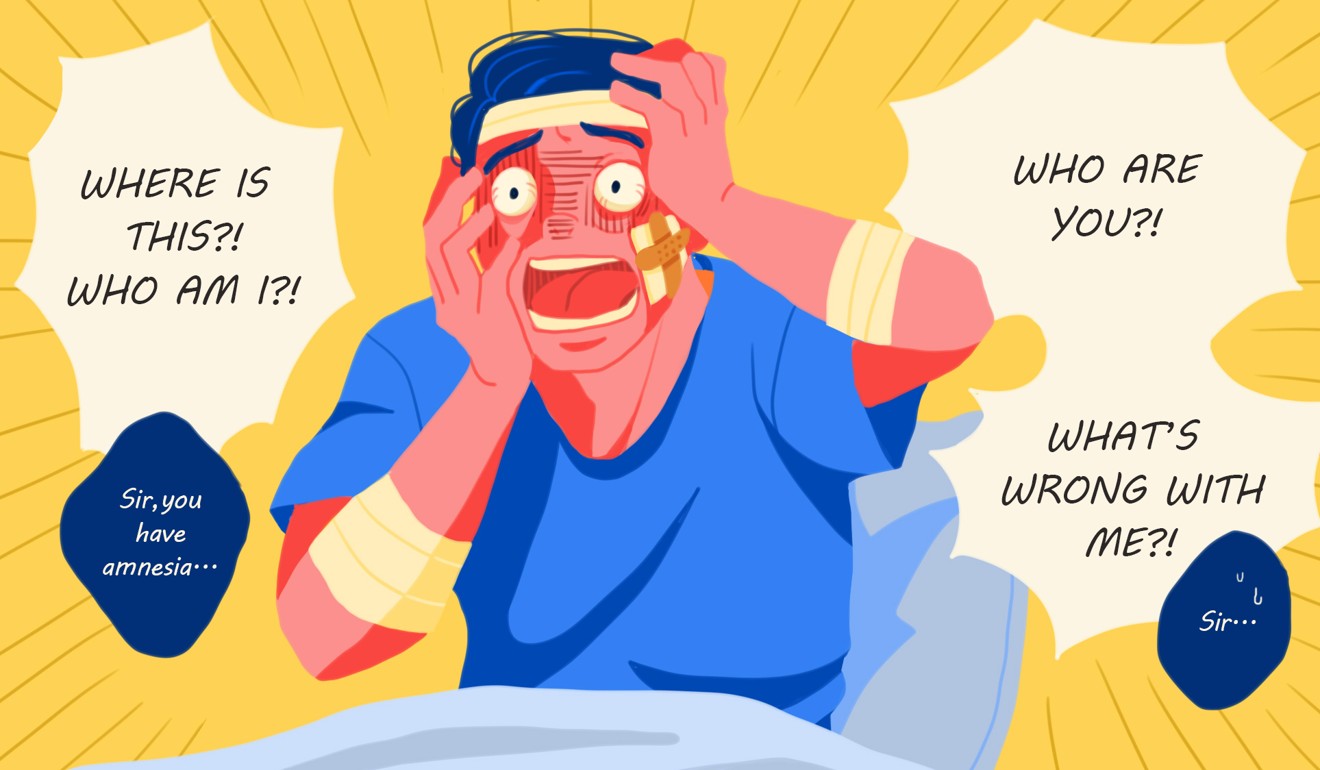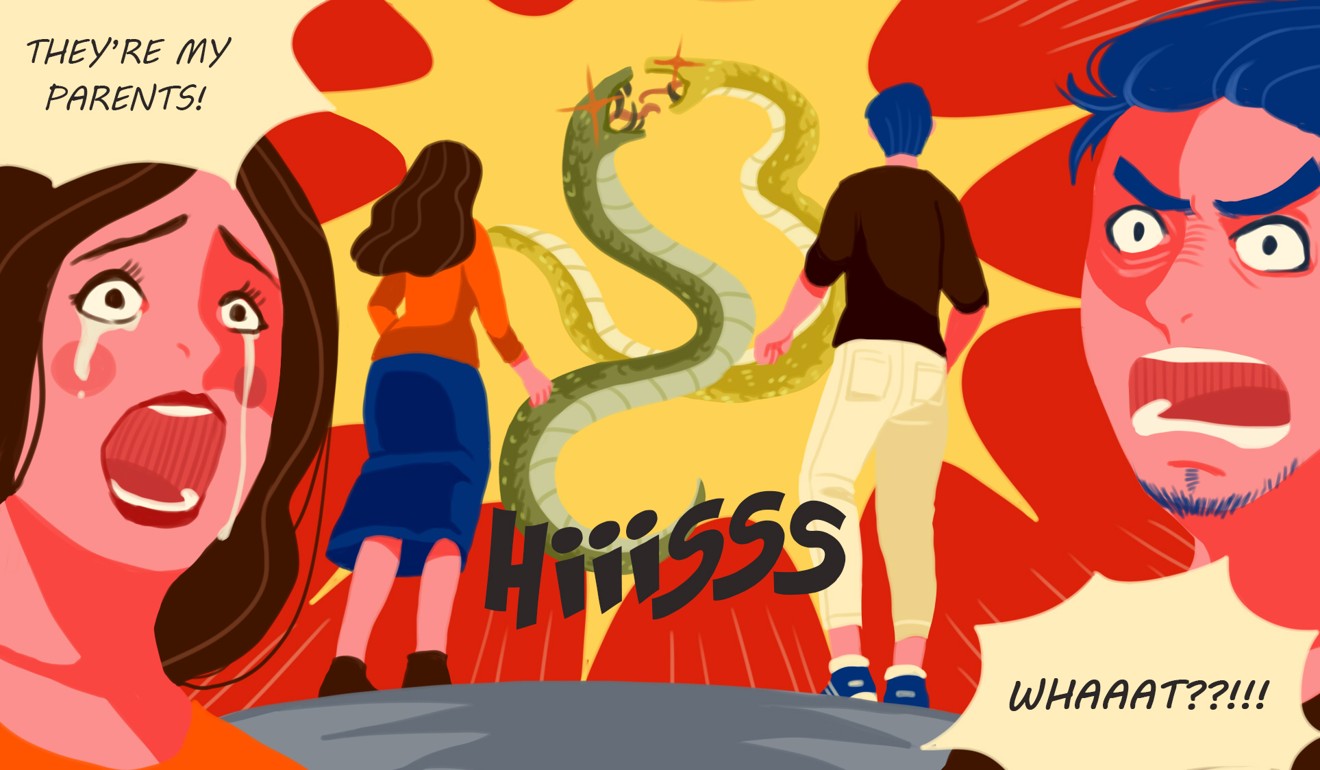
The surreal world of soap operas in Indonesia, where the more unbelievable it is the better
Sinetron – as they are called in Indonesian – are the highest rated and longest running shows in the country. From characters sleeping in full make-up to look beautiful to evil stepmothers, critics say they convey an unhealthy view of life
Over-the-top acting with evil stepmothers and women who sleep in full make-up. Tragic scenes played out in slow motion and loud, dramatic background music. Welcome to the weird world of Indonesian soap operas.
Sinetron – as they are called in Indonesian – are the highest rated and longest running shows in the country. That is not unusual, considering the popularity of soap operas such as Eastenders in Britain or Neighbours in Australia. But Western and Indonesian soap operas are alike as football and ice hockey – both are sports, but entirely different games.
Modern masters meet at Museum MACAN, Indonesia’s first contemporary art gallery
In one of the southeast Asian nation’s most popular soap operas, Nadin, produced by sinetron mogul Ramm Punjabi and aired on the ANTV network, the plot might be considered downright absurd. Set in modern times, one recent storyline begins with the young Ihsan entering a forest with his father. They encounter a snake – except that it’s a man called Manu who has mysteriously shape-shifted. Manu is engaged in a fight with Chandra, an evil sorcerer. Ishan’s father tries to protect Manu but gets killed, while Ihsan is badly hurt. Two other snakes also die in the clash, after which they transform back into human form as the parents of the titular female character. Still with us?

“More is more” sums up the approach to background music. To emphasise humour, production editors turn to Tom and Jerry cartoons for inspiration – using sound clips of bells and whistles. Ominous organ music adds ambience to a dramatic scene, while a cheesy piano ballad is a must when a character is sobbing.
Critics claim sinetron portray an unrealistic view of the world. The main actors are almost always young and attractive. If there’s an unattractive actor in a sinetron, they’re usually playing the part of the token comedic character – the fat friend, or the ugly aunt.
Long-time Canadian expat Sacha Stevenson has a popular YouTube show called “How to Act Like an Indonesian”. It’s a satirical web series that focuses on the typical characteristics and eccentricities of Indonesians. Her episode “5 Signs it’s a Sinetron” has been watched more than 173,000 times. It cites heavy make-up as one of the telltale signs.
“Indonesian soap opera characters sleep in full make-up,” she says, with a wide grin. The scene then cuts to Stevenson dressed as a sinetron star in a dressing gown, wearing fake eyelashes and far too much rouge.
Danik Dwiyanti, a social worker for a children’s charity in Yogyakarta, says the characters portrayed in sinetron reinforce an unrealistic view of beauty, especially among children.
“What kind of role models teach youngsters that they should look immaculate and wear tonnes of make-up all day long?” she says. Danik would like to see characters in sinetron promoting real, natural beauty, without so much make-up. “But this, of course, won’t make ratings,” she adds.
Do Indonesia’s anti-pornography laws protect morals or encourage discrimination and abuse?
In the world of sinetron, it also helps to be “Indo” (of mixed Indonesian and Western origins) to land a role. Being single also works in an actor’s favour, as one former aspiring Indo actress reveals.
“When I was in my mid-20s, I thought it might be fun to act in sinetron,” says Melati Kartini, who has a British father and Indonesian mother. “I started mingling with people in the industry, but they all told me that I would never make it,” says Melati, who is now a mother in her 30s.
Melati was already married, which was not in her favour. “It’s a dark industry. I was told I’d be able to land a major role if I was single and ‘loose’,” she says. She was also told that at the age of 25, she would only be able to land the role of a mother figure. “I mean, how many 25-year-old mums do you know, really?” she says with a laugh.

So why – with such dreadful scripts, acting, and post-production – are Indonesian sinetron so popular?
“Sinetron lovers are either upper- or middle-class women who have maids and too much time on their hands, or the uneducated lower class,” says Danik. “Once viewers get dragged into the story, they can’t wait to find out how it continues and will stop at nothing to watch it.”
Danik believes Indonesian soap operas can be socially detrimental to family life. “Instead of spending the evening talking and spending quality time with their children, [parents are] glued to a TV screen watching something that has zero positive or educational value whatsoever,” she says.
Sinetron lovers are either upper- or middle-class women who have maids and too much time on their hands, or the uneducated lower class
Distraction from social inequality and poverty could be a reason so many lower-class viewers tune in. “The lower class is mesmerised by the beautiful people in sinetron, so their attention is averted from the real issues that surround them. It’s a way of dumbing down and keeping the public quiet,” Danik says, adding that the soap operas are brainwashing the public.
When the first sinetron aired in the 1990s, plots typically revolved around wealthy Indonesians in their big, fancy homes. In the last 15 years, however, there has been an influx of religious sinetron, or sinetron religi, from which Muslims across the country take spiritual guidance.
Sinetron religi could also be responsible for the spread of a more conservative Islam, however. The popularity of the hijab, worn by Muslim women to cover the head and chest, has coincidentally also increased significantly in the last 15 years. Manoj Samtani, a television and film producer who has worked in the industry for more than 27 years, says he decided to leave the world of sinetron in 2010 due to its many challenges.
He believes rivalry between TV stations chasing ratings is partly to blame for the poor content of sinetron. About 15 national stations and 80 regional broadcasters operate in the country. “We would shoot today’s episode for airing tomorrow. That is how cutthroat it was,” he says.

In his day, Manoj says, production teams would be briefed on daily ratings, including a minute-by-minute response from viewers on what they enjoyed most. “Then they would ask us to change things based on the ratings,” he says. “For instance, they might tell us to develop a specific character, and we would have to build that into the shoot for airing the following day. This doesn’t happen in other countries.”
Manoj says that to stay in the ratings game, production teams often “have to produce something that you don’t believe in”. He cites an example of a plot in which a young child gets beaten up at school. “We’d always go back and forth around the same storylines that we didn’t even like,” he says.
WHAT A MALAYSIAN DANCE, BANNED AS IMMORAL BY ISLAMISTS, SAYS ABOUT CULTURE JOURNALISM
So what does the future hold for Indonesian sinetron? Manoj says hopefully that audiences are becoming more educated. “I believe content will improve,” he says. “Viewers want to watch something that has more valuable lessons.”
